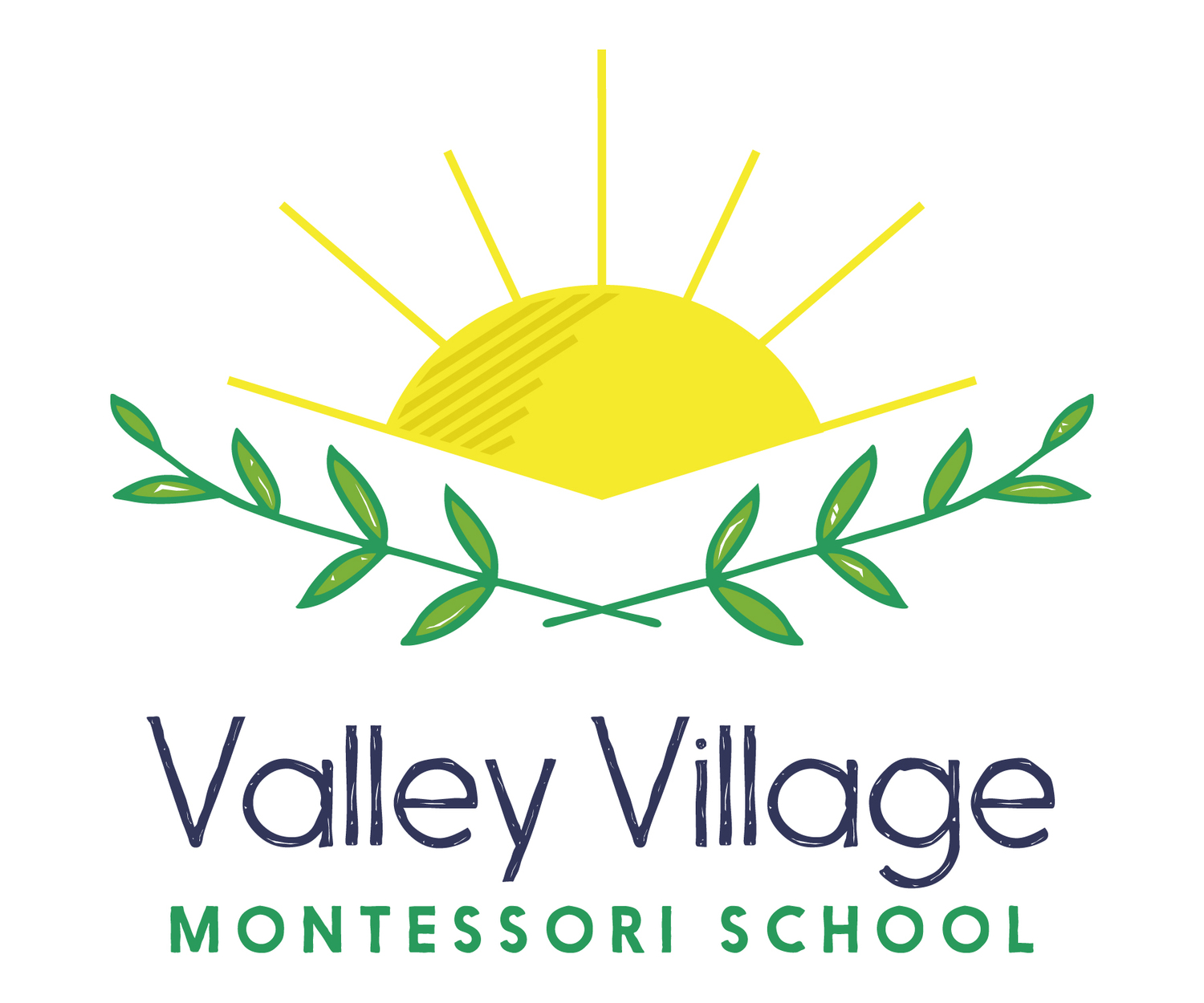Who was Maria Montessori?
Maria Montessori was an engineer, a physician, an educator, a humanitarian, and an advocate for world peace. Montessori graduated with a degree in engineering in 1890 and following this, she entered medical school and received her doctorate in Medicine from the University of Rome in 1896. After becoming one of Italy’s first female physicians, she opened her first school in 1907 called Casa dei Bambini in Rome and educated children through a method she referred to as "auto-education".
"I did not invent a method of education, I simply gave some little children a chance to live."
Using trial and error, she introduced various materials and activities into the children's environment and removed those that did not engage them. Through detailed observation, she came to realize that children had the power to educate themselves in an environment that provided activities that supported their natural development. The children at Casa dei Bambini were making extraordinary progress in their academic and social abilities at such young ages that many visitors came to the school to witness the success of Montessori's new approach.
"These words reveal the child's inner needs: 'Help me to do it alone.'"
Maria Montessori devoted a lifetime to studying child development. Her success in Italy led to international recognition. For over 40 years, she traveled the world lecturing, writing, and establishing training programs.
"The child is the future man, the foundation must be firm; the building blocks must be chosen with care."

